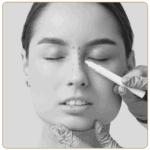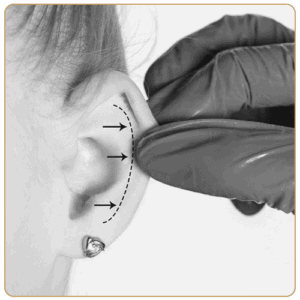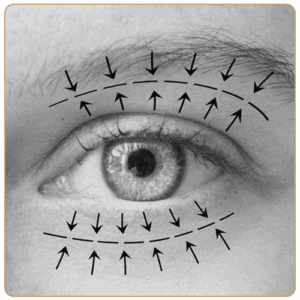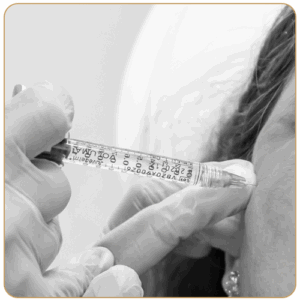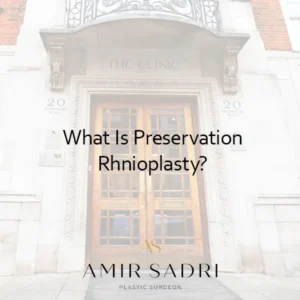Ear correction surgery, also known as otoplasty, is a procedure done to reshape the ears by reducing prominence or correcting a defect in shape, position, or size. While the surgery is usually safe and effective, the recovery process is crucial to achieve the best results. Here are five tips to help with recovery after ear correction surgery.
5 Best Recovery Tips After Ear Correction Surgery
Rest and limit strenuous activity
After the surgery, take time to rest and avoid any strenuous activity or exercise. Limit movement that can put stress on the ears. Too much activity can cause swelling, bleeding or other complications. Resting will help the ears heal and reduce recovery time.
Apply ice packs
Apply ice packs to your ears for 10 to 20 minutes at a time, a few times a day to help with swelling and pain. Do this for the first 1 to 2 days after surgery. The ice packs can also be used to relieve discomfort if there is any pain during the recovery process.
Take medication as prescribed
Take all prescribed medications, including antibiotics and pain medication, as directed by your doctor. This will help prevent infection, reduce discomfort and promote healing.
Wear headgear or bandages
You may be required to wear a headband, headgear or bandages over the ears for several days or weeks after surgery. This helps the ears retain their new shape as they heal. Be sure to follow your doctor’s instructions on how long to keep wearing the headgear.
Follow up with your doctor
Schedule follow up appointments with your doctor to monitor your recovery and check for any signs of infection or other complications. Your doctor will determine when you can stop wearing headgear, return to normal activity levels and see the final results of the surgery.
While ear correction surgery has a high success rate, following recommendations from your doctor on how to properly recover is essential. Taking time to rest, managing pain and swelling, limiting activity, and wearing required headgear as directed can help ensure you heal well and achieve the best possible results from your otoplasty.


